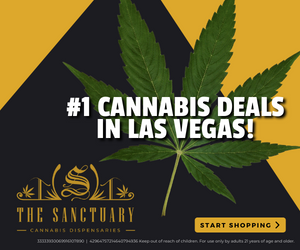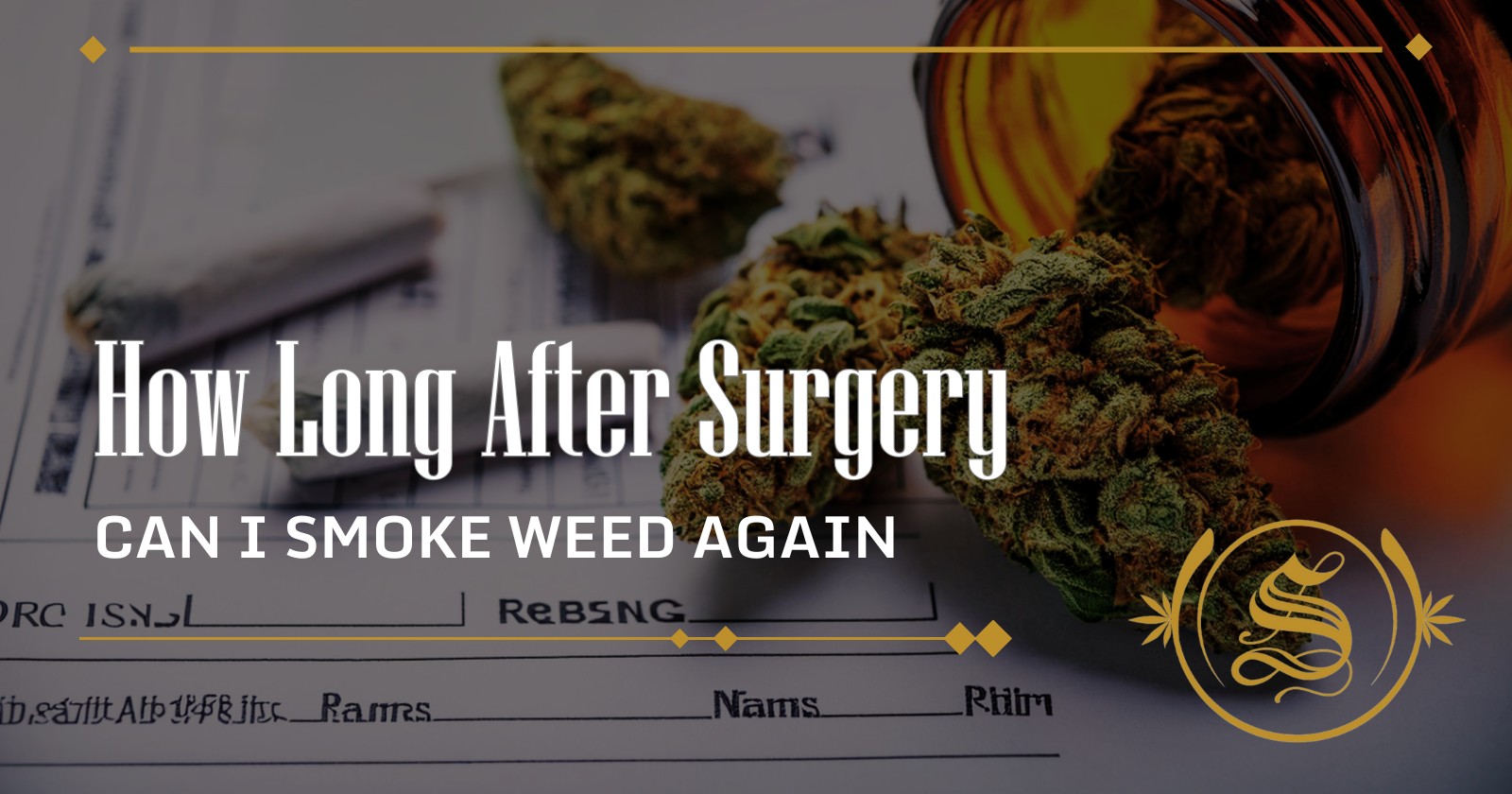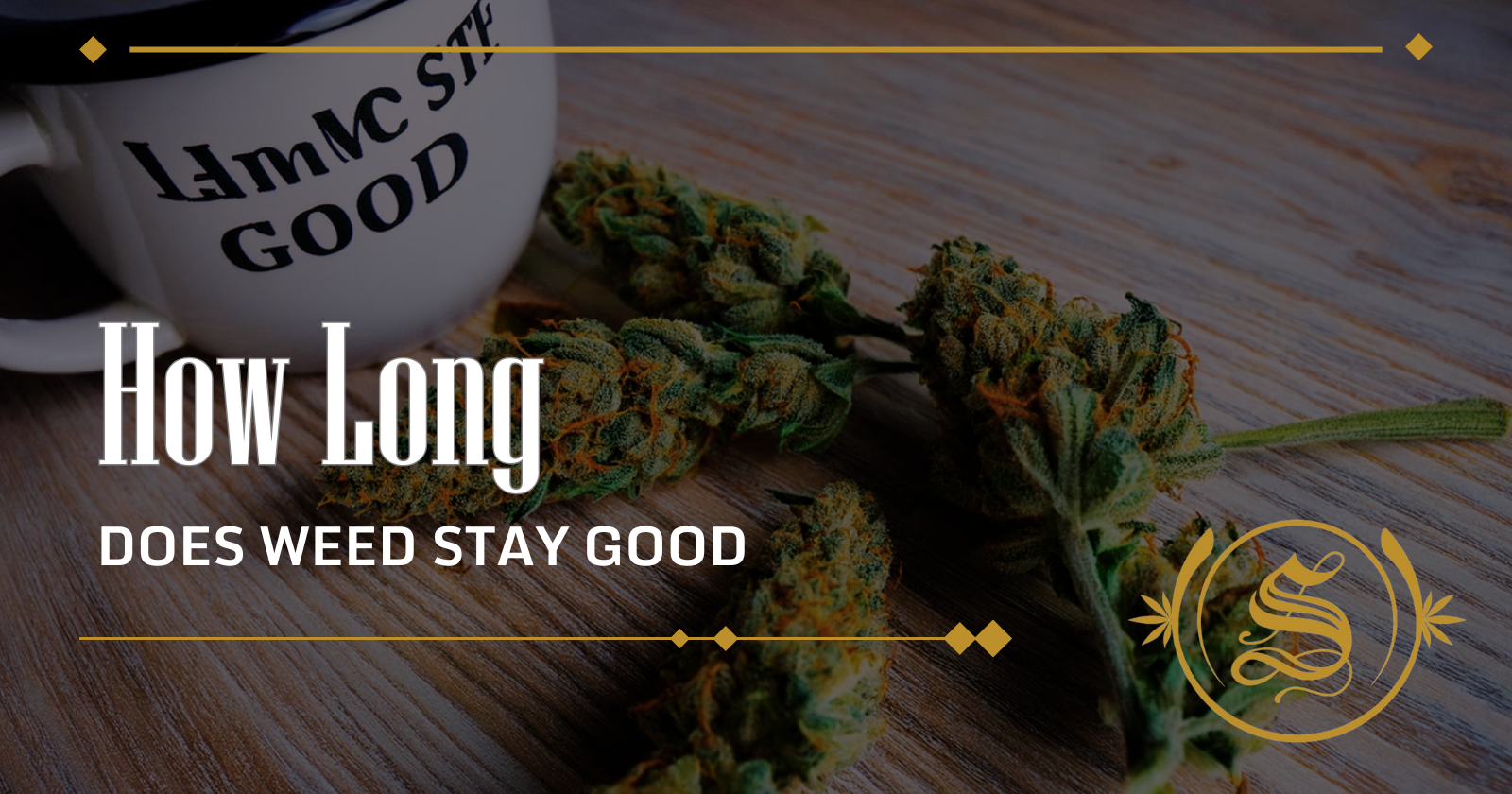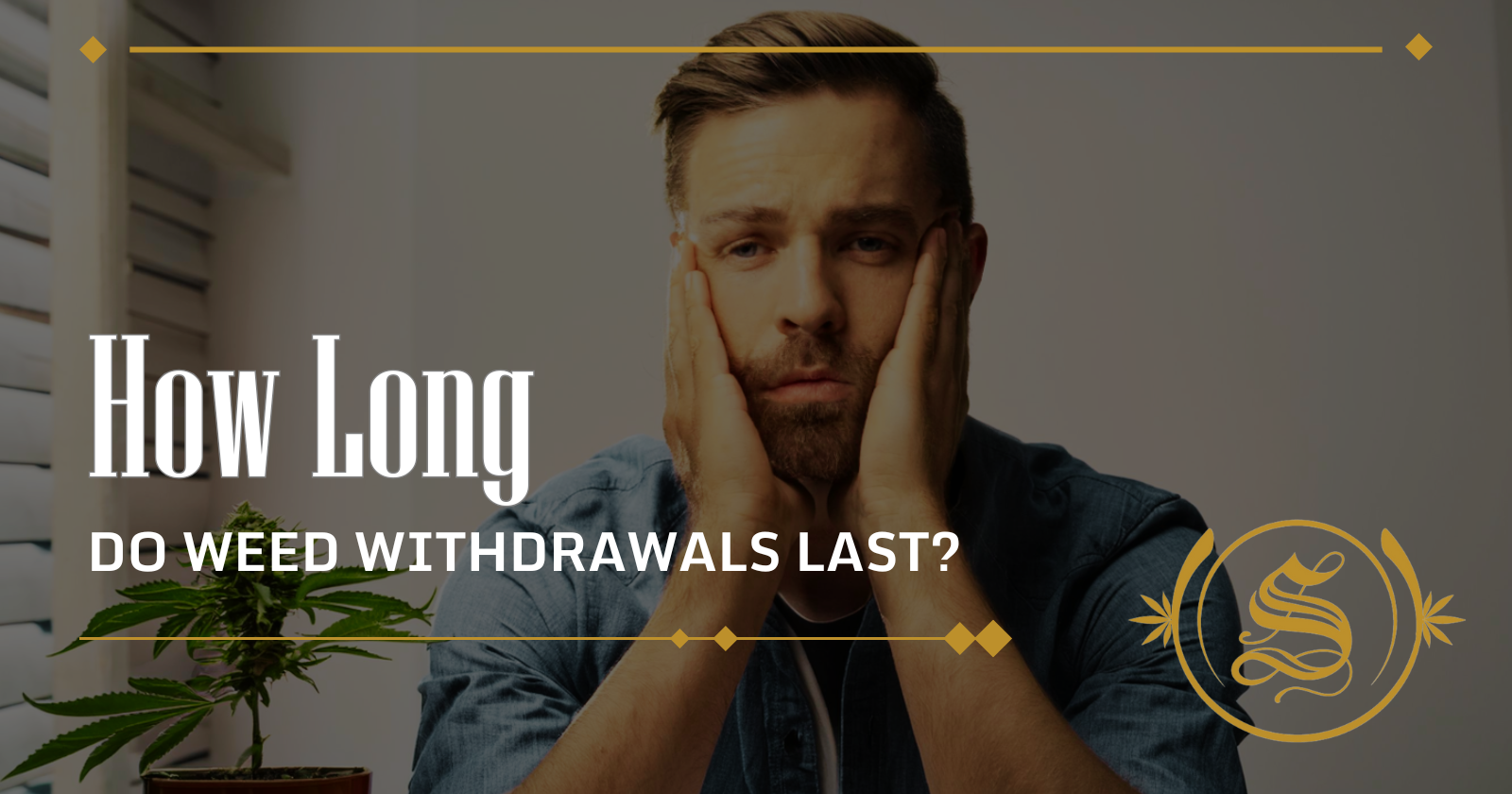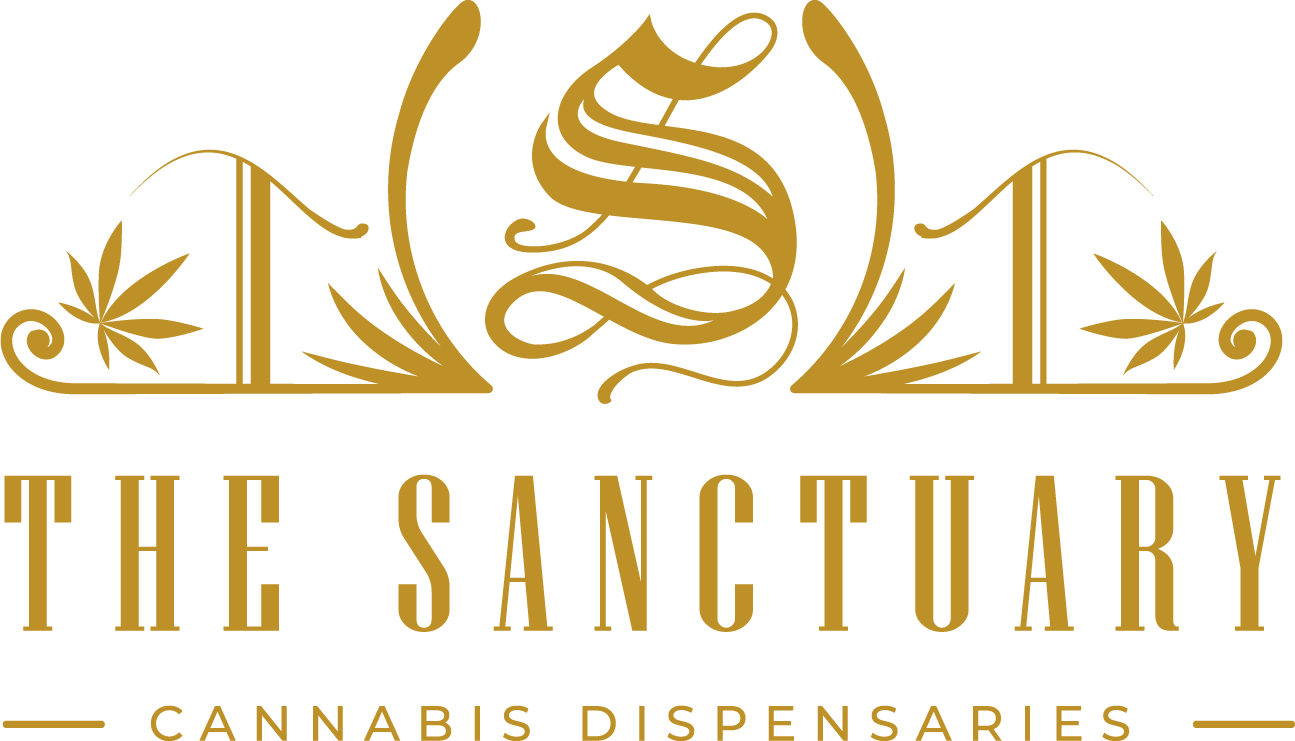Iftikhar Alam
Author
Reviewed by Cannabis Experts
Published on: November 5, 2020 | Updated on: November 15, 2024
Table of contents
- Reasons You Might Be Asked to Take a Drug Test
- Can You Still Get Hired If You Fail a Drug Test?
- How Does a False Positive Occur?
- Can You Get in Legal Trouble for Failing a Work-Related Drug Test?
- Consequences of Failing a Drug Test
- Can Weed Users Keep Their Jobs?
- What to Do If You Fail a Drug Test
- Conclusion
A new Marist poll found that 52 percent of U.S. adults have tried marijuana at least once, and 56 percent of Americans find the drug “socially acceptable.”
While the number of American employers that perform drug screenings is falling, data from the Society for Human Resource Management (SHRM) states that approximately 57% of employers in the United States still perform drug tests on all job candidates.
So, what happens if you fail a drug test?
It is bizarre that in some states where weed is legal for recreational use, such as California, employers are legally allowed to fire employees or refuse a job to an applicant if they test positive for marijuana.
Even one-time users can expect to test positive for a couple of days after consuming weed. THC is the active psychoactive compound in marijuana that is tested.
Loss or lack of employment opportunities is just one consequence of failing the drug test. We’ll explore this article more, but first, let’s look at why you may be asked to take a drug test.
Reasons You Might Be Asked to Take a Drug Test
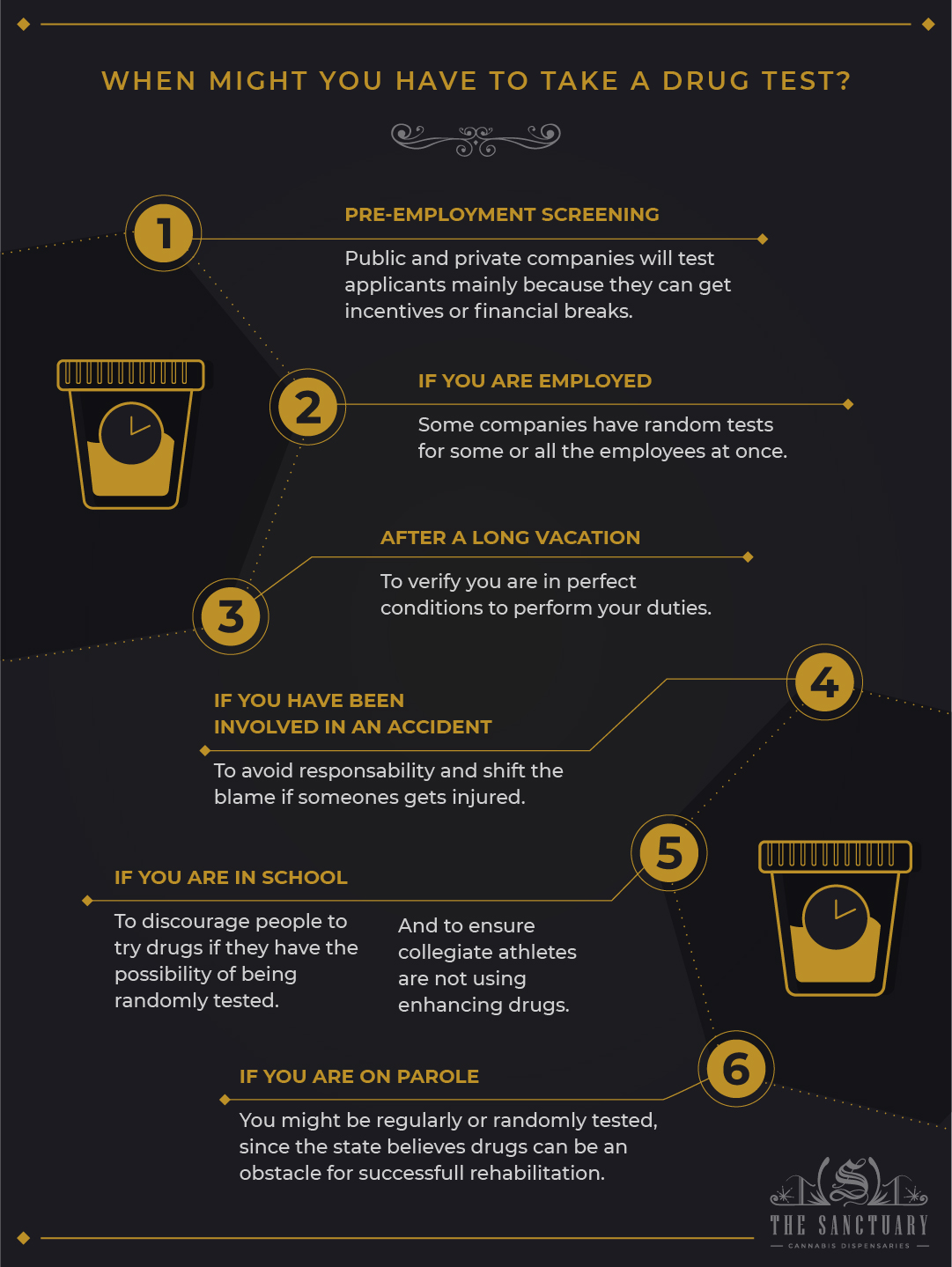
You may be asked to take a drug test for several reasons, from employment to organizational policies. Here are some of the common reasons you may be undergoing one:
Employment Screening
Different companies have different screening requirements. In many cases, candidates must undergo a drug test for hiring. Others may be employed in sensitive or safety operations, such as transportation or construction, and may have to undergo random drug tests.
Then, others may have to undergo the test after an accident or incident to prove that no substance abuse led to it.
The employer may also order a test if they suspect an employee of using cannabis at work or if it is affecting their work behavior or performance.
Sports
Athletes often have to take the drug test on orders of their regulatory authorities. These tests may be conducted to check for the presence of any banned substances in their body, like performance-enhancing drugs (PEDs).
These tests may be randomly conducted or scheduled as per the orders of the regulatory authority.
Legal Order
In legal matters like child custody, routine parole, or probation, people may also have to undergo the test.
Rehab
Those individuals who’ve voluntarily enrolled themselves in rehabs or substance abuse treatment programs have to take the drug test to check their progress and to ensure their system stays clean.
Military
In the military, people must undergo medical and drug tests during the initial enlistment process and random tests as long as they are part of the military.
Insurance
Many life and health insurance policies ask for a drug test before you get coverage. This is usually conducted where there are strong indications of drug use.
Educational Institutes
Schools, colleges, and universities, specifically those offering athletic programs, may call in drug tests for students who are active participants in sports or other extracurriculars.
For college athletes, drug tests are performed by NCAA guidelines to ensure collegiate athletes are not using performance-enhancing drugs in addition to illicit or street drugs.
Probation and parole are typical times when one has to submit to a drug test. Regular drug tests might be part of your schedule, and your parole officer or the probation department will usually reserve the right to have you submit to a drug test at any time. Parole and probation will attach these conditions to their terms for several reasons.
The state believes that drug use is an obstacle to an individual’s successful rehabilitation and reintegration into society, and, as such, will use failing a drug test on probation as a hammer to return you to incarceration or institute stiffer penalties and punishments upon you.
Can You Still Get Hired If You Fail a Drug Test?
If your employer pays for marijuana screening via urinalysis, individuals who fail the test will likely lose their jobs. Likewise, those who apply for a role and test positive will not be employed by that company. While a variety of states have dispensed with marijuana testing, it is still a fireable offense in a lot of areas.
In the event of a positive test, do not automatically accept the result. If you have smoked weed recently, there is not much to discuss. However, there is an increasing number of stories about people who failed drug tests even though they have not used cannabis.
How Does a False Positive Occur?
An old study by Moyer et al., published in Mayo Clinic Proceedings in May 1987, suggested that an EMIT-dau screening test with a 20 ng/mL limit was nearly 100% accurate. However, the research team used the caveat that such tests were only this reliable if an “unadulterated urine specimen” was used.
They also outlined that up to 15% of positive results could be “false positives.” Overall, 3% of all tests could reveal a false positive, so if you have genuinely not used cannabis recently, do not accept your fate.
5-10% of all drug tests reveal a false positive, and 10-15% yield a false negative. The sheer number of ways in which it is possible to fail a drug screening accidentally is astounding.
There are a handful of prescription drugs that could result in a false-positive result for THC. NSAIDs such as Ibuprofen have been blamed for causing false positives. However, when a different screening methodology is used, most urine specimens are corrected. Also, pantoprazole and potentially other proton pump inhibitors (PPIs) could cause a false positive reading for THC.
Surprisingly, baby shampoos such as those sold by Johnson & Johnson and CVS could lead to a false-positive result for weed. These soaps may have compounds with a structure that resembles THC. Other factors, including hemp seed oil, B2, riboflavin, and medical conditions such as diabetes, liver disease & kidney disease, could also cause a false-positive result for THC in a drug screen.
Can You Get in Legal Trouble for Failing a Work-Related Drug Test?
What happens if you fail a drug test for employment? For starters, the company will refuse to hire you. It is doubtful that you would experience any consequences beyond that. Companies are not obligated to share the results of a drug test with any entity other than themselves and, in many cases, would be legally unable to do so even if they wanted to.
All states and some federal agencies have laws to protect the individual’s privacy. Hence, a failed test usually goes no further than the human resources department of that company.
Certain employers may be required to report your drug test results to an outside agency, such as the Department of Motor Vehicles or the unemployment office, but this should have no legal repercussions.
When currently employed and taking a drug test, the consequences for failure depend on several factors. The reason for the test, your company’s internal policy regarding drug tests, the length of time you have been employed, and your position within the company could all affect the aftermath of a failed drug test.
Failing a drug test may result in a separation of employment from the company. However, these results will usually only stay within the company, and you are very unlikely to suffer any legal consequences.
Consequences of Failing a Drug Test
If you fail the drug test, you’ll face serious consequences. The penalty or punishment varies depending on the individual’s past criminal record, the rules of the probation, and the discretion of the court or probation officer.
Here are a few likely scenarios if you fail the drug test.
Warning and Counseling
The probation officer will warn you for a first-timer or minor offense. You may also have to take drug counseling and rehabilitation.
Also, you’ll have to retake the drug test as and when required or may be given additional probation.
Probation Violation
When you fail a drug test, that’s like a major violation of probation (VOP). Your probation officer will report the matter to court, and you may have to attend a probation violation hearing.
Then, depending on the judge’s decision, you may have to go through additional restrictions and pay more penalties.
Extended Probation Period
Your probation period may be extended, and you’ll have to stick to the terms of your probation for a longer time.
Penalties and Fines
The court may order you to pay fines and fees as a penalty for violating the probation. These may include house arrest, mandatory community service, etc.
Rehab and Treatment
The court may even order you to enroll in a rehab center or undergo treatment for drug abuse. You may also have to undergo counseling sessions and participate in support groups.
Incarceration
If the violation is severe or you have a history of the same, the court may revoke the probation entirely and impose jail time.
Can Weed Users Keep Their Jobs?
Several states sadly have very little to no job protections, even for legal cannabis users. However, you could be in luck if you live in one of the few states taking a stand against this unfair practice.
In December 2018 in Delaware, a judge ruled that an MMJ cardholder fired from his factory job after failing a drug test was allowed to pursue a lawsuit against his former employer.
According to Superior Court Judge Noel Primos, federal law does NOT preempt Delaware’s medical marijuana law. He continued by saying that the law does not require employers to commit an illegal act. Instead, it prevents them from discriminating based on the use of medical marijuana.
In February 2019, a federal judge rebuked a Walmart store in Arizona for firing an employee in possession of an MMJ card after she failed a drug test. According to Arizona United States District Judge James A. Teilborg, Walmart was not justified in firing the employee because it could not prove that she was impaired at work.
In July 2019, New Jersey became the latest state to improve workplace protections for MMJ cardholders, the 14th state. In the last couple of years, medical marijuana users have won cases in Arizona, Delaware, Rhode Island, and Connecticut.
What to Do If You Fail a Drug Test
Don’t worry about what happens if you fail a drug test; all’s not lost. Here are some things you can do:
- Talk to your probation officer upfront about it.
- Get an attorney to go through the probation violation process and minimize penalties.
- Enrol in drug treatment and counseling sessions to show to the court that you’re working toward making a full recovery.
- Stay calm and handle the situation the best you can.
Conclusion
If you’re thinking, what happens if you fail a drug test? There can be many consequences, including unemployment, legal or disciplinary actions, and competition disqualification.
You can control your usage and talk to your employer or attorney if it comes to that to minimize theadversee outcomes.
The content provided on this blog is for informational purposes only and does not constitute medical, legal, or professional advice. Cannabis use is subject to local laws and regulations, which vary widely by jurisdiction. Always consult with a healthcare professional before starting any new treatment or altering an existing treatment regimen. The authors and publishers of this blog are not responsible for any actions taken based on the information provided herein. Use cannabis responsibly and in accordance with applicable laws. This blog is intended for adults aged 21 and over. The Sanctuary Dispensaries D186, D187.




